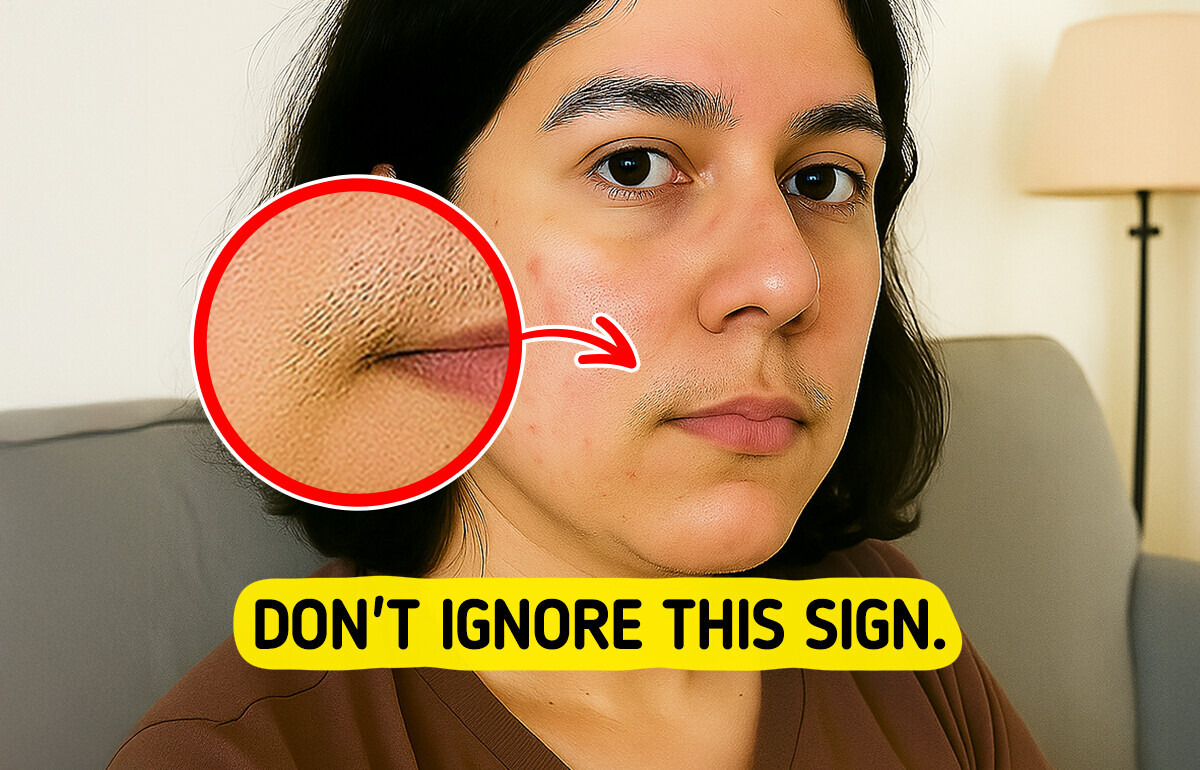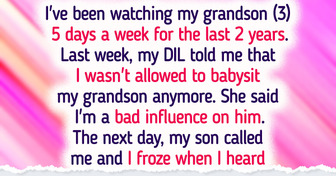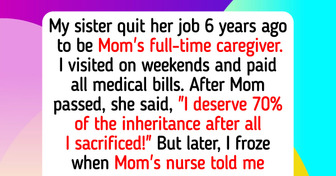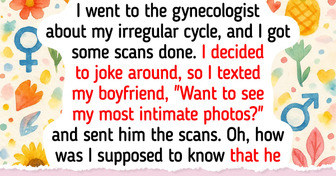I Kicked Out My Daughter, Who Lived Rent-Free in My House With Her 6 Kids


Infertility can be an emotionally complex and deeply personal journey, especially for women who may feel societal or internal pressure around starting a family. It’s important to remember that struggling to conceive is more common than many people realize, and it does not define a woman’s worth or femininity.
In this article, we will delve into the signs of women’s infertility, which may help you navigate your reproductive health.
CONTENT IS PROVIDED FOR INFORMATIONAL PURPOSES ONLY AND IS NOT INTENDED AS A SUBSTITUTE OF MEDICAL ADVICE. SEEK GUIDANCE OF YOUR DOCTOR REGARDING YOUR HEALTH AND MEDICAL CONDITIONS.
It is said that a woman’s chances of infertility increase as she gets older. In the U.S., around 19% of married women between the ages of 15 and 49 who have never given birth are unable to conceive after attempting for one year. And about 26% of women in this category experience challenges either in becoming pregnant or successfully carrying a pregnancy to term.
Infertility can affect anyone. Many different conditions can cause it, and the signs can vary from person to person. If you’re worried, it’s best to talk to your doctor. You may take note of the following infertility signs to help.

Some women deal with heavy bleeding and painful cramps. If your periods are very heavy and painful, it could be a sign of endometriosis, a condition in which tissue resembling the uterine lining develops outside the uterus in other areas of the body.
Endometriosis can make it harder to get pregnant. Other signs of it include constant pelvic pain, back pain, irregular periods, and bowel issues or pain when using the bathroom.
A typical menstrual cycle lasts about 28 days, but it’s normal if it varies a little, as long as it’s consistent. However, if periods are so irregular that you can’t predict when they’ll come, it may be due to hormone issues or conditions like PCOS, which can affect fertility.

Hormonal changes can be a sign of infertility. Some of the signs include unexpected weight gain, bad acne, headaches, facial hair in women, and hair thinning on the head.
Period blood typically starts bright red and gets darker as the days go on. However, if very dark or old-looking blood appears at the start of your period, there might be something wrong. The same goes if it is usually a light-colored blood. It’s a good idea to talk to a doctor if you’re concerned.
According to a study in 2018, being overweight or obese can negatively affect many body functions, including reproductive health. In women, obesity can disrupt the hormones involved in the menstrual cycle, often leading to irregular periods, lack of ovulation, and infertility. Fat tissue releases substances called adipokines, which can affect insulin levels, inflammation, blood pressure, heart health, blood clotting, and egg development. It can also interfere with implantation and increase the risk of miscarriage and problems with fertility treatments.
However, losing weight through healthy lifestyle changes can help restore regular periods and ovulation, increasing the chances of getting pregnant.
There are many possible causes of infertility in women, and sometimes the exact reason is hard to identify. Some women even experience unexplained infertility. Common causes include:
Most types of female infertility can’t be predicted or prevented, but you can reduce some risks through healthy lifestyle choices. Regular visits to your doctor and annual checkups with a gynecologist are essential once you’re active, as they can help identify potential issues that could impact your fertility in the future.
If you’ve been trying to get pregnant for over a year or for more than six months if you’re over 35, and are showing signs of infertility, it’s a good idea to talk to a doctor for a complete evaluation. And if any signs concern you, it is encouraged to seek help from a healthcare professional.
You might be overlooking some skin bumps that are not acne. Check out this link to find out more details.











